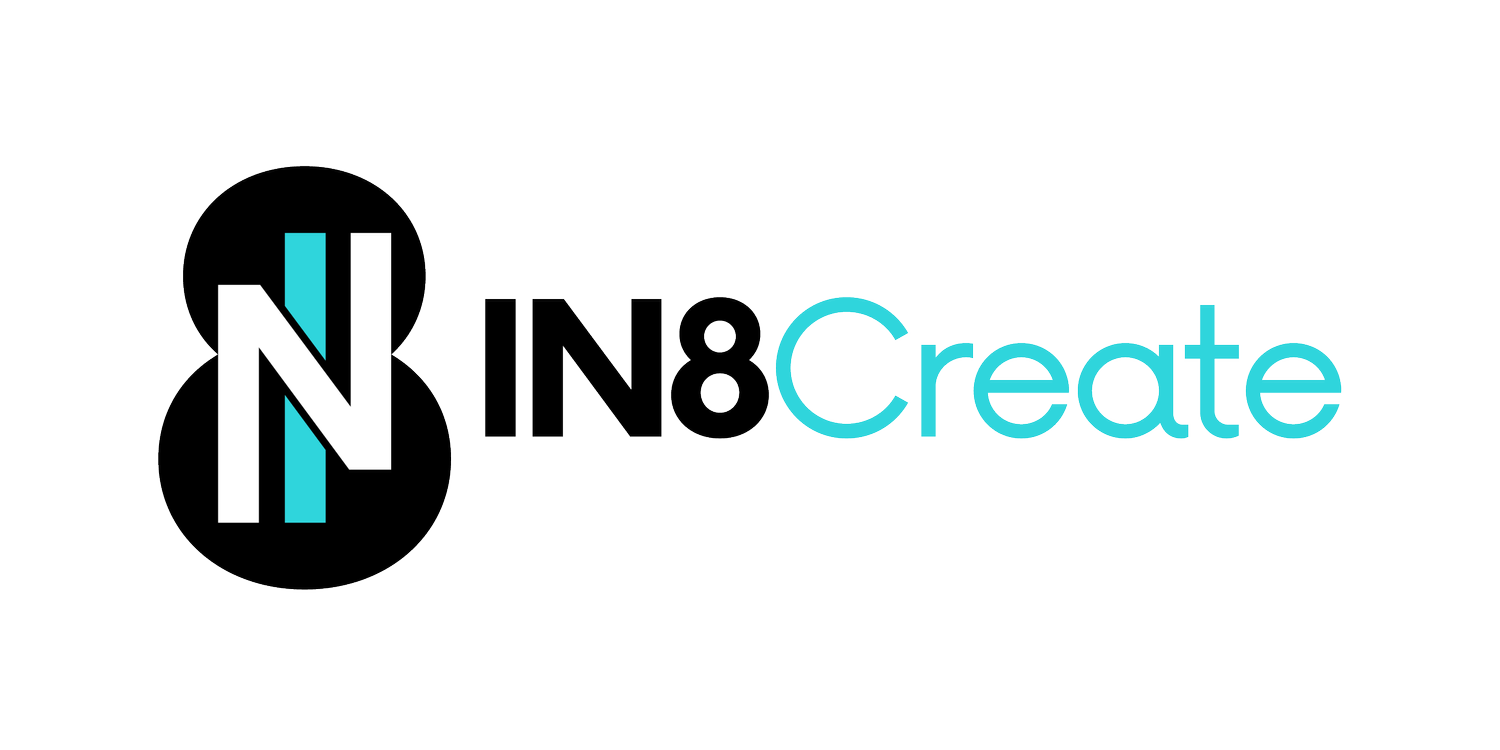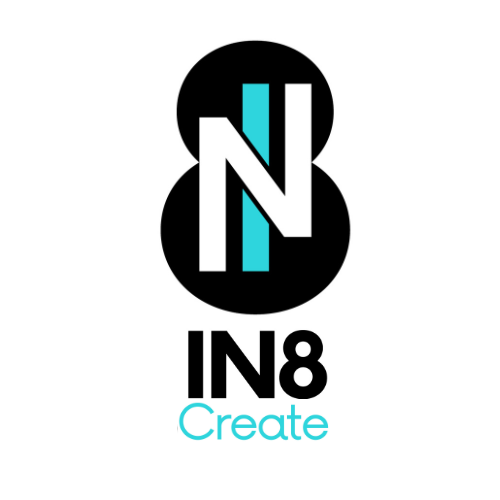
Insights
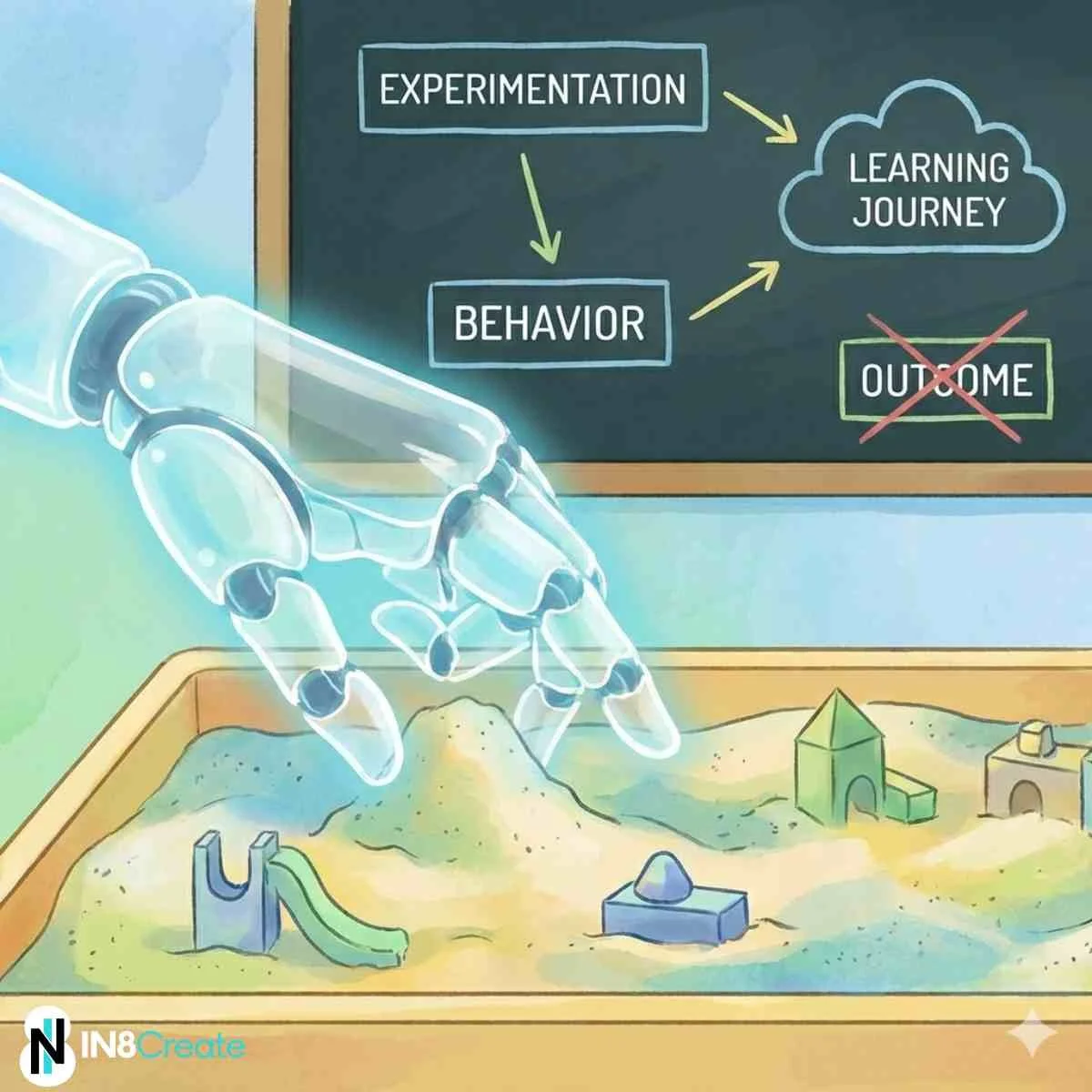
How Are You Keeping Score?
Your board is demanding AI adoption metrics, but you're navigating genuinely uncertain territory. Traditional outcome-based goals create anxiety when no one knows what success looks like yet. The solution? Shift to behavior-based goals like "teach AI one task you hate" or "use AI as a devil's advocate." These goals your team can actually achieve this week while building the experimentation habits that eventually lead to transformation. Start with your naturally curious people and let adoption cascade organically rather than mandating company-wide usage.

Why Team Building Doesn't Work
Just like treating my knee pain with ice and rest didn't address the piriformis muscle issue, team building activities that focus on surface-level bonding rarely address the deeper systemic problems affecting your team's performance.
The symptoms aren't always obvious. You have to dig into the cultural systems that exist to get at the root cause - or more likely, multiple root causes working together.

How to Choose the Right Workshop Format for Your Corporate Offsite
At IN8 Create, we're 100% outcome-focused. When your team spends time together, you should walk away with something concrete in addition to the insights and connection.
Think about it this way: instead of just learning about communication challenges, your team actually works through their specific communication blockers and creates agreements for how to handle them going forward.

The Blacksmith's Guide to Team Transformation
Is your team ready for change? Look for these signs:
Trust that runs deep enough for people to be vulnerable about their struggles
Communication that flows freely without political filtering or fear
Shared commitment that burns bright enough to sustain effort through difficulty
Without these foundational elements, your change efforts will feel like hammering cold steel—lots of noise, little progress, and potential damage.

Stop Treating AI Adoption Like a Light Switch
I've had multiple friends and colleagues tell me AI is making their work HARDER. Seriously? The technology that's supposed to revolutionize everything is creating more friction, not less. Why? Because "AI as a strategy" doesn't work. AI is a tool. A powerful one, sure, but still just a tool. And like any tool, it's only useful when you understand what problem you're trying to solve.

Behold the Power of the Notetaker
Stop treating the note-taking role like you're asking someone to clean the bathroom. This person is literally determining which ideas survive and which ones die in committee. Celebrate this role. Appoint someone who's actually good at it if possible. And if you're stuck doing it yourself, remember: you're not just documenting a meeting—you're preserving the thinking that could transform your team.

The Scoreboard Effect: How to Build Team Standards That Stick
Why teams lose their way when scoreboards appear. Discover how to build Core Constants—the unchanging standards that keep teams performing under pressure
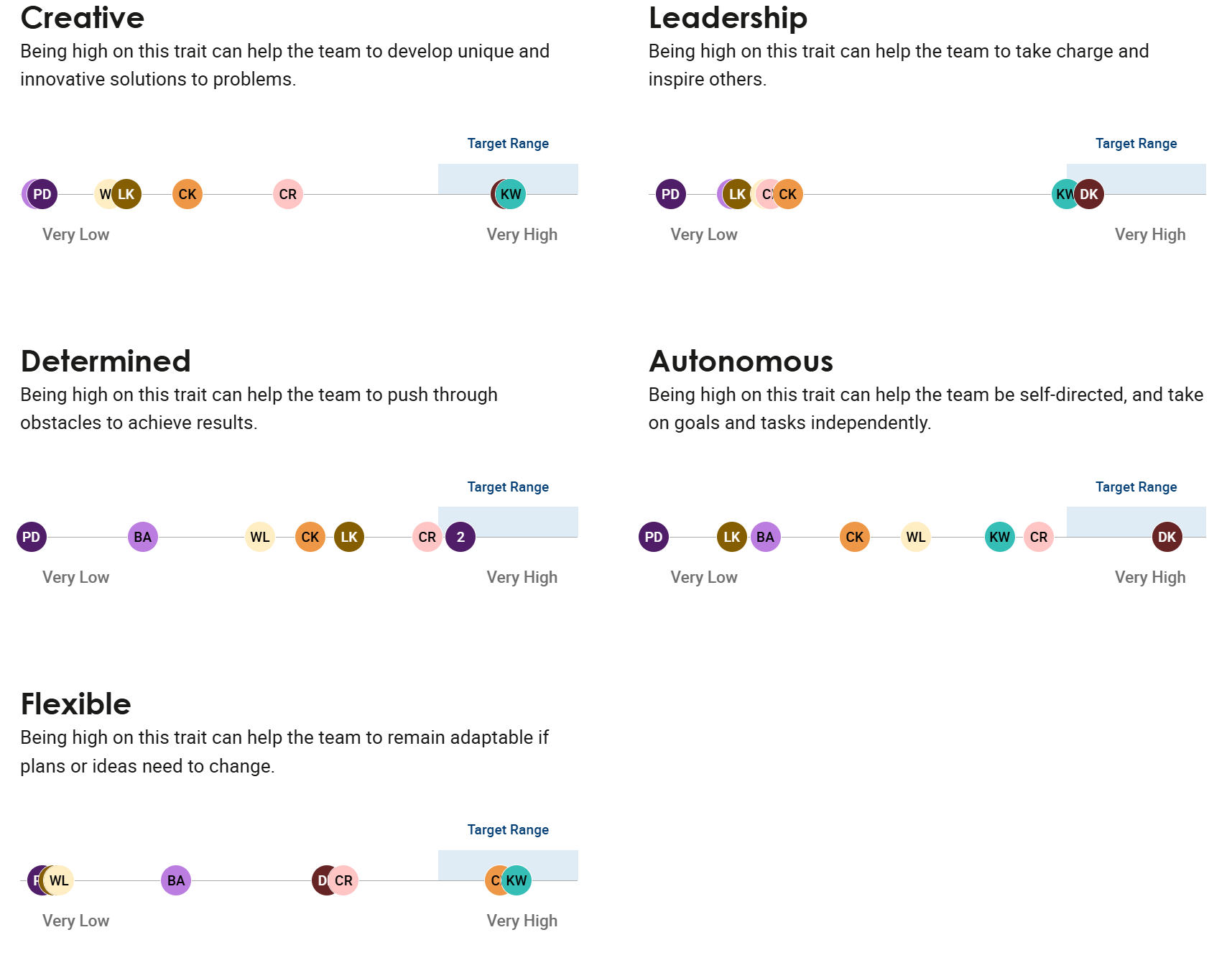
The Team Assessment That Speaks Human
As a facilitator, one of my core beliefs is that better understanding leads to better collaboration. The Principles US assessment gives teams a shared language to discuss how they work best - whether they're natural leaders who inspire others, methodical problem-solvers who dive deep into details, or adaptable collaborators who thrive on change.

The Science of Team Chemistry
Organizational culture operates similarly. Every change—whether adding a new team member, losing someone to attrition, implementing layoffs, or reorganizing teams—creates a form of cultural chaos. Like molecules seeking their new energy state, teams need time to settle into a new equilibrium. This is when we discover our revised roles, establish communication patterns, and understand how decisions flow in the new environment.

Finding Purpose at Work? Here's What They Don't Tell You
We all know that finding purpose in our work is one of the most important factors in job satisfaction and overall happiness. Yet here's the uncomfortable truth: most of us find ourselves in roles that align more with our skills and market demand than our childhood dreams. And you know what? That's perfectly okay.

How Does Your Team Work Together?
In the world of team management, understanding the nature of your team's dynamics is crucial. Not all teams work together in the same way, and recognizing these differences can significantly impact leadership strategies, goal-setting, and overall team design.
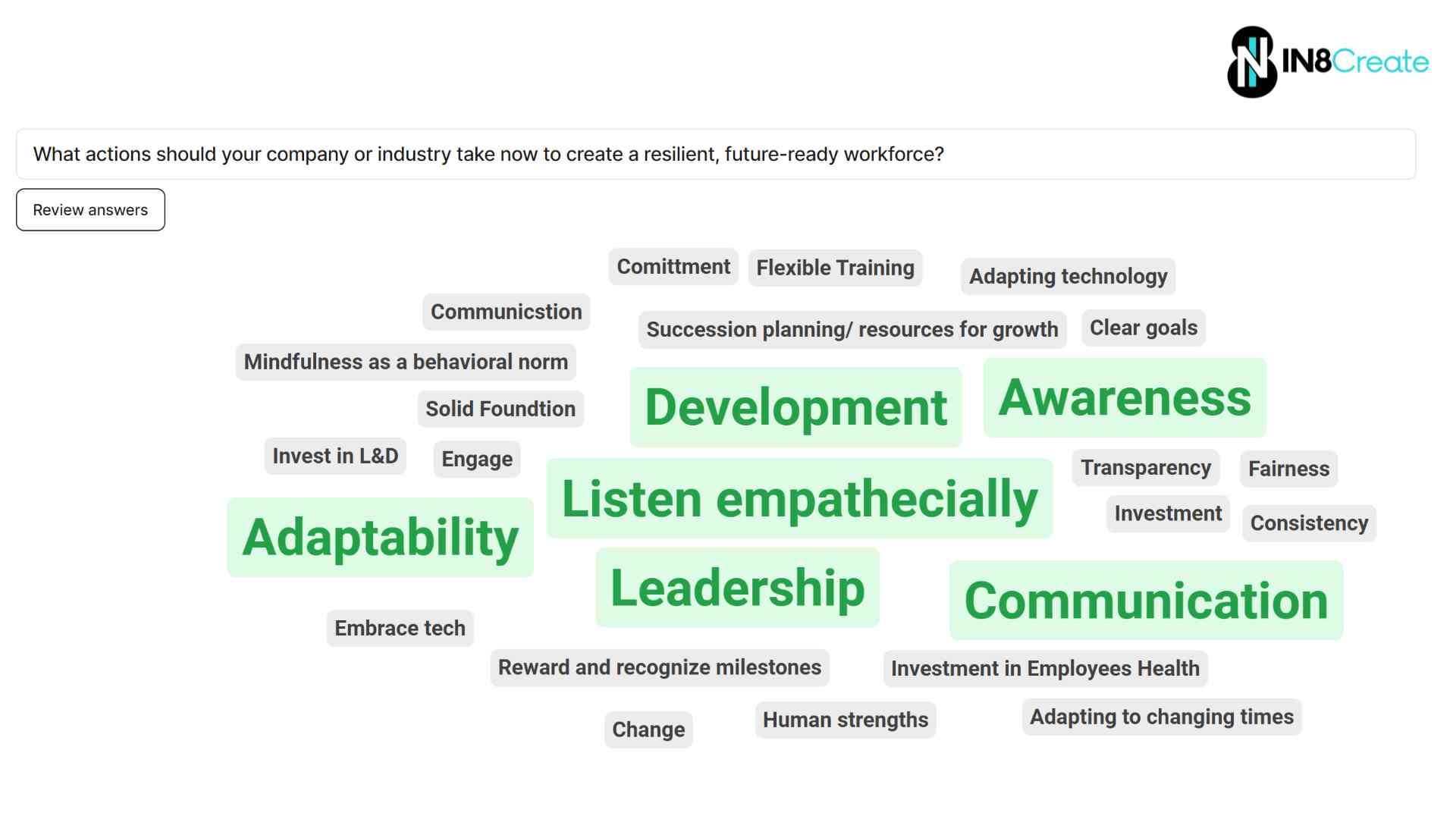
Creating A Resilient, Future-Ready Workforce
In our recent "Build Your Future Workforce" workshop with the Westchester Human Resource Management Association (WHRMA), we explored a crucial question: What actions should companies take now to create a resilient, future-ready workforce? The responses from participants were diverse and insightful, highlighting the complexity of this challenge
